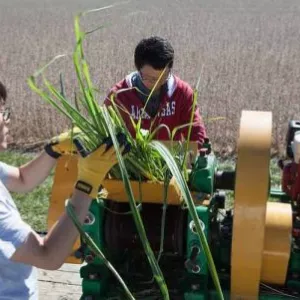Food versus Fuel v2.0: Biofuel policies and the current food crisis
by Joseph Glauber and Charlotte Hebebrand OPEN ACCESS | CC-BY-4.0 Policies to boost biofuel production and use—crop subsidies, mandates, and other measures—came under intense scrutiny during the food price spikes of 2007/08, 2010/11, and 2012/13. As prices of maize, grains, oilseeds, and other feedstocks rose in those crises—more than doubling in some cases—critics pointed to their increasing use in biofuel production

Food versus Fuel v2.0: Biofuel policies and the current food crisis
Policies to boost biofuel production and use—crop subsidies, mandates, and other measures—came under intense scrutiny during the food price spikes of 2007/08, 2010/11, and 2012/13. As prices of maize, grains, oilseeds, and other feedstocks rose in those crises—more than doubling in some cases—critics pointed to their increasing use in biofuel production as a major factor behind high global food prices.
Such policies, touted as key to alternative energy development, played an important role in the growth of biofuel production, which more than doubled from 2006-2010. Under the U.S. Renewable Fuel Standard (RFS), for example, corn used for ethanol grew from 54 million metric tons in the 2006/07 marketing year to 127 million tons in 2011/12, accounting for over 40% of U.S. corn production.

